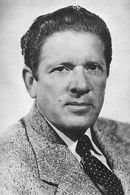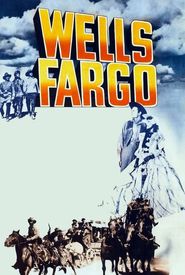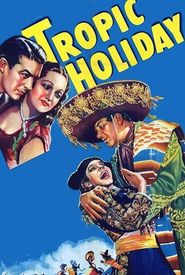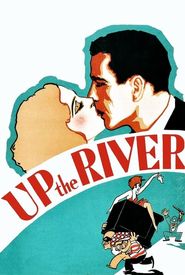Bob Burns, a multifaceted individual, was born and raised in a small Arkansas town. Prior to dedicating his life to the entertainment industry, he pursued a career as a civil engineer, salesman, farmer, and even served as a Marine sergeant and champion rifleman during World War I.
From a young age, music held a special place in Bob's heart, and he went on to lead a life filled with melody. He began his professional journey in 1911, playing various musical instruments, including his signature "bazooka," and leading bands. His talents also extended to blackface comedy, which he showcased in vaudeville, carnivals, and early talking films.
In 1931, Bob made the transition to radio, where he found his first taste of success in 1935. This led to a six-year stint on Bing Crosby's Kraft Music Hall show, followed by his own program from 1941 to 1947. During this time, he delighted audiences with his bazooka-playing and tall tales about his mythical hillbilly relatives, including Uncle Fud and Aunt Doody.
Bob's association with Crosby also led to a long-term contract with Paramount Pictures, resulting in 12 popular films, starting with Rhythm on the Range in 1936. His film character was that of a slow-talking, philosophical, bazooka-wielding hillbilly or bumpkin who may have appeared gullible at first but ultimately outwitted the city slickers.
Despite his stereotypical character, Bob drew the line at ridicule and refused to appear in a proposed 1941 film that he felt would mock the people of his native hills. He parted ways with Paramount and went on to make a few films for other studios before retiring from the entertainment industry in 1947.
Thanks to his shrewd land investments, Bob had amassed a significant fortune and spent his later years on his 200-acre model farm in Canoga Park, California, where he lived out his days in peace and tranquility.



































